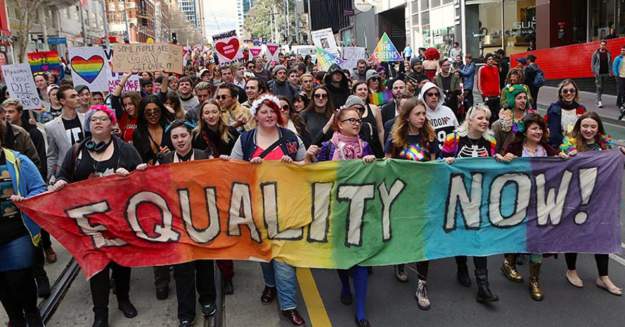The US State Department has for years has had a bizarre ruling that does not class children born to American gay parents abroad as U.S citizens. The department still obeys the law that there is a biological tie required between the U.S citizen parent and the child.
This is an easy fix without the need to congress interference, but the department has failed to respond to requests and pressures to change these outdated views.
Two same-sex couples have now filed lawsuits against the department, as their children have been denied U.S citizenship due to being born abroad, even though one parent in each relationship is an American citizen. In one of the cases, the department granted a U.S passport to one of the twin children, but not the other, making only one of the children in the family a U.S citizen.
Even though there has been continued pressure to change this outdated law, there has been no change as of yet. Attorney Alison Kamhi, specializing in immigration law, has spoken out on this, saying
"This [State Department] interpretation is based on an outdated notion of parenthood. In the past, ‘biological’ was shorthand for parenthood and now it’s not."
The State Department’s Foreign Affairs Manual (FAM) still holds onto the notion that a child should have a biological connection to the U.S citizen parent, stating that following reasons they will not change these laws, due to doubt of biological connections.
-
The conception or birth of a child when either of the biological parents was married to another person.
-
The listing of people other than the biological parents on the child’s birth certificate.
-
Indications that the child was conceived when the alleged father didn’t have access to the mother.
-
The birth of a child through surrogacy or assisted reproductive technology.
Although the state department realizes a need for a revamp of these laws, it has been slow to actually put these into motion.


